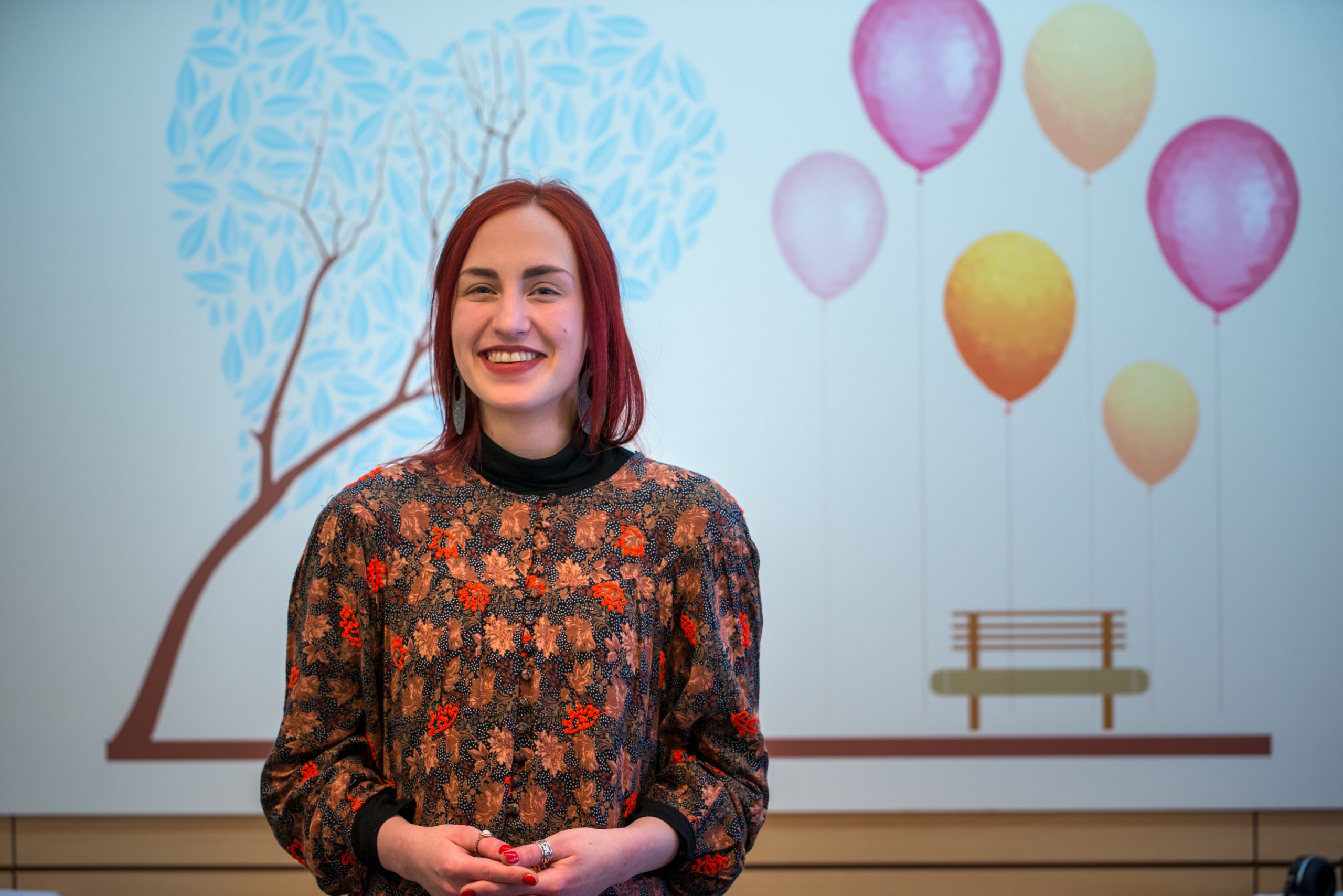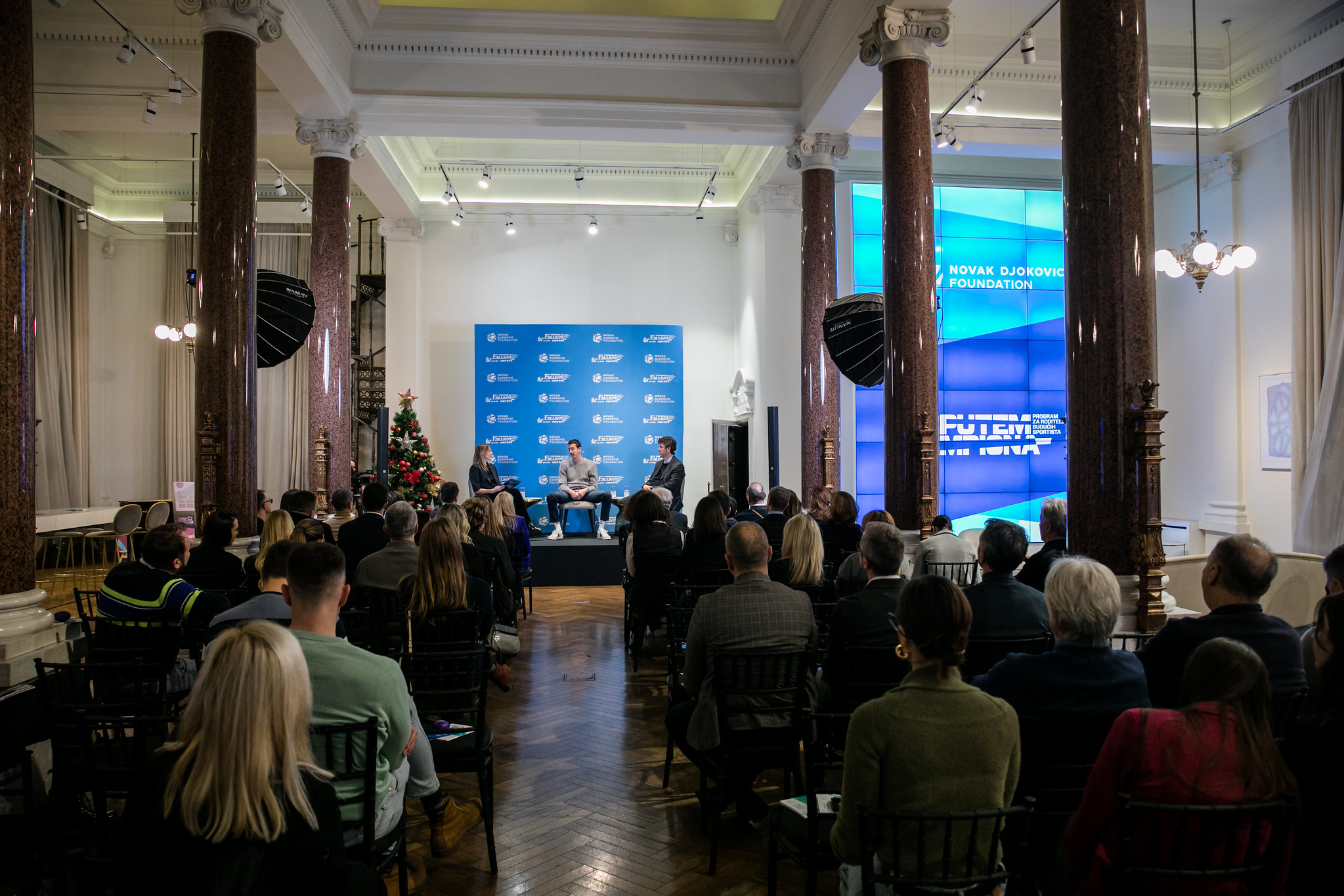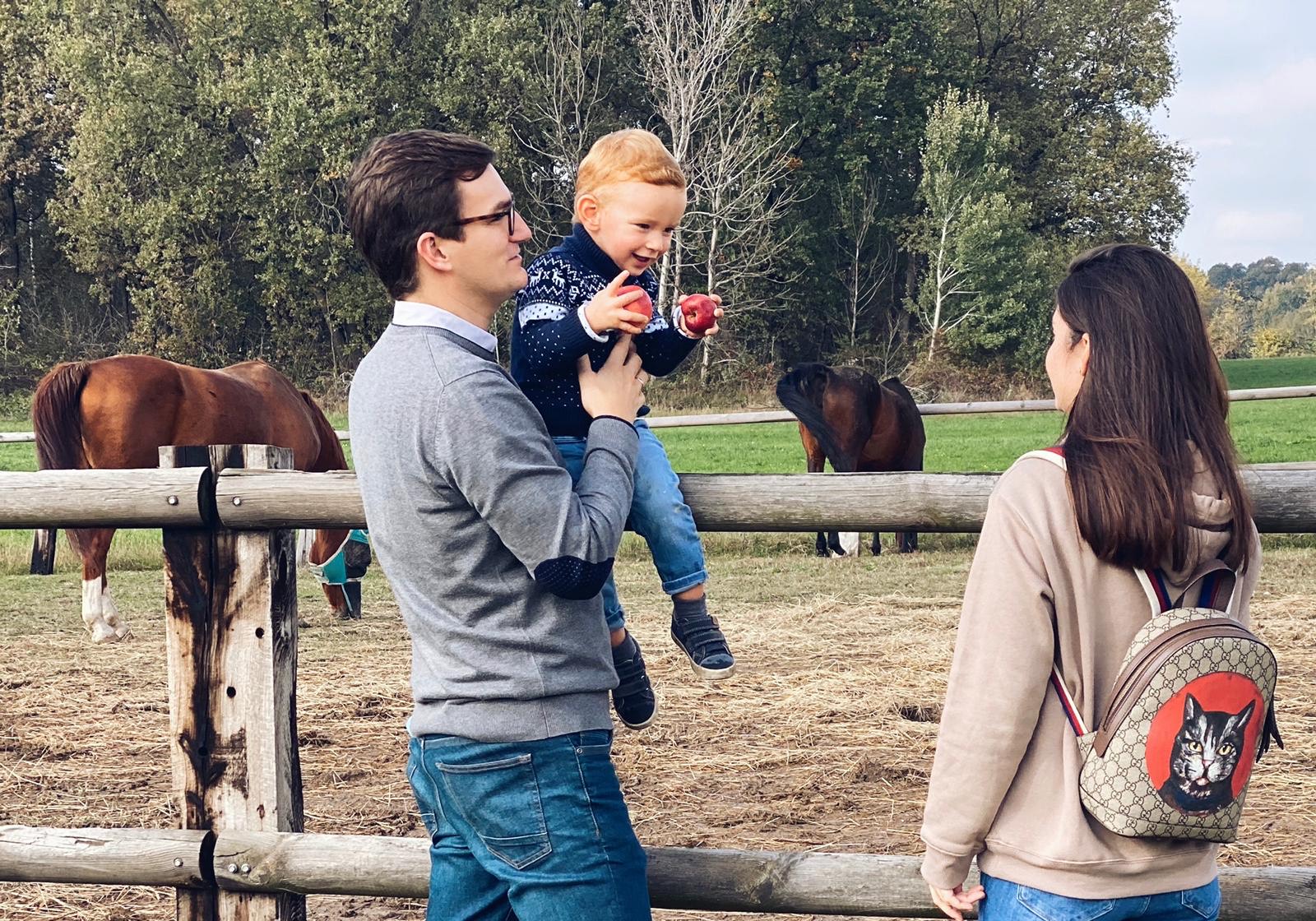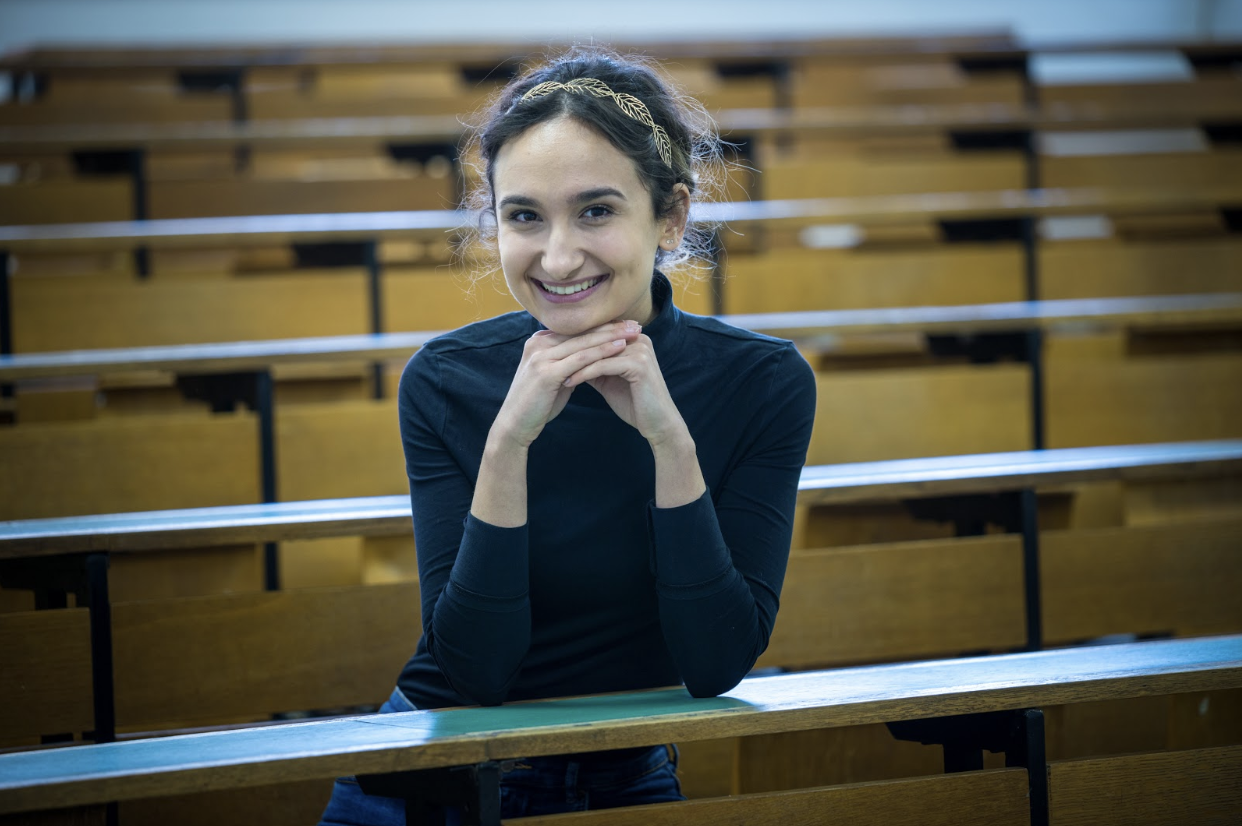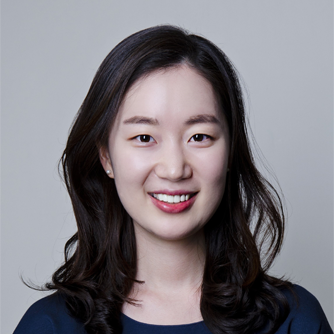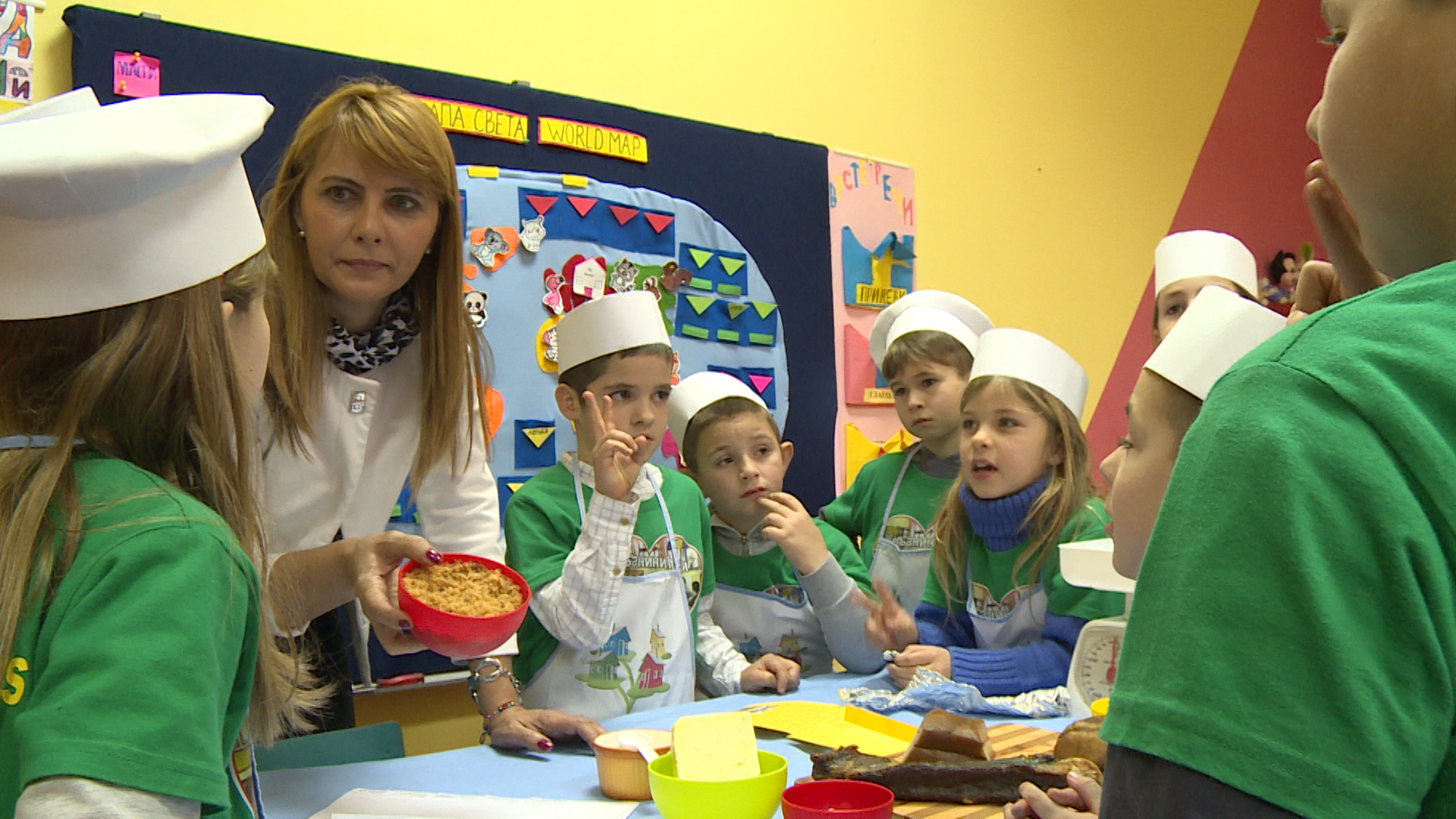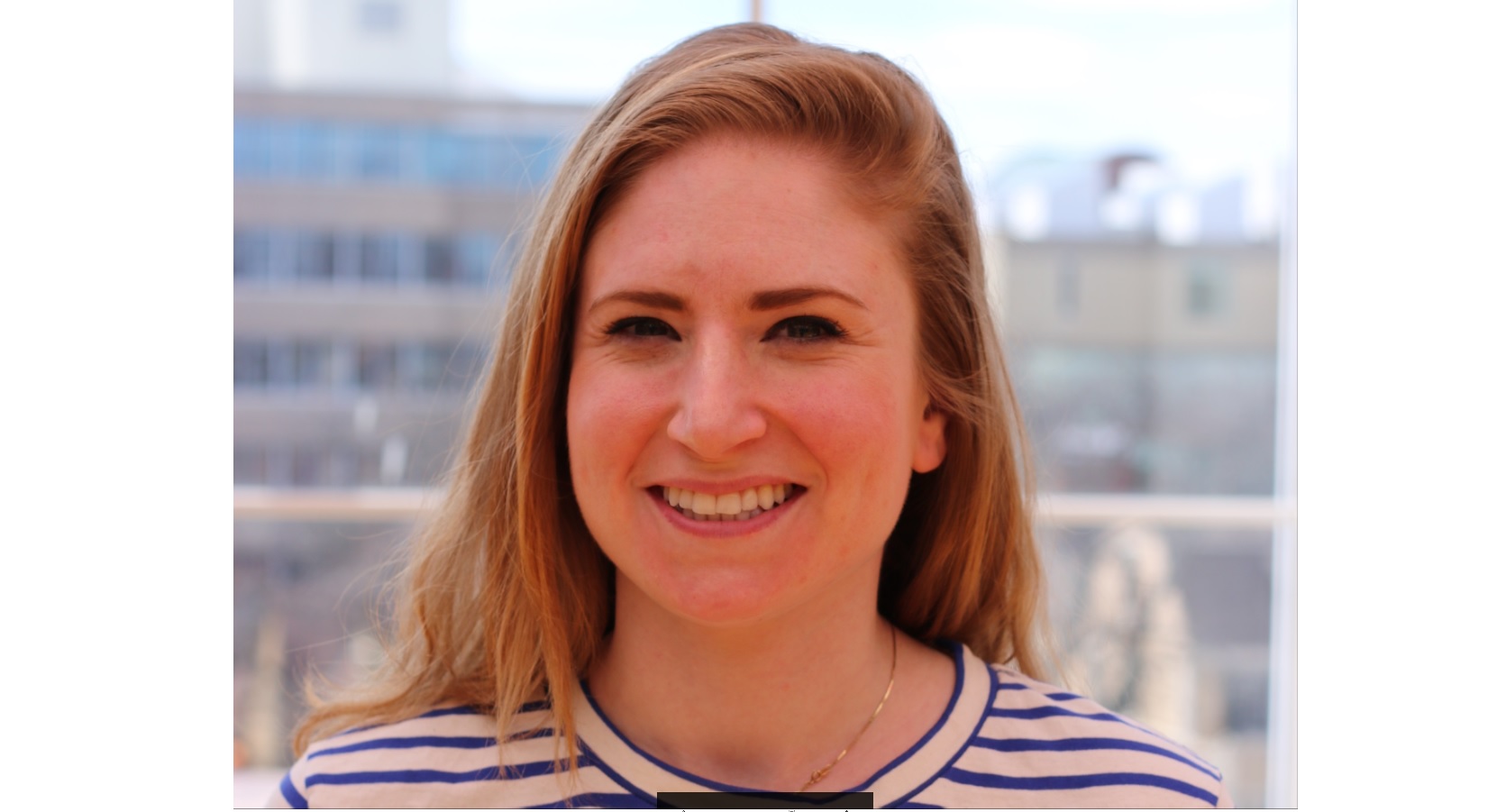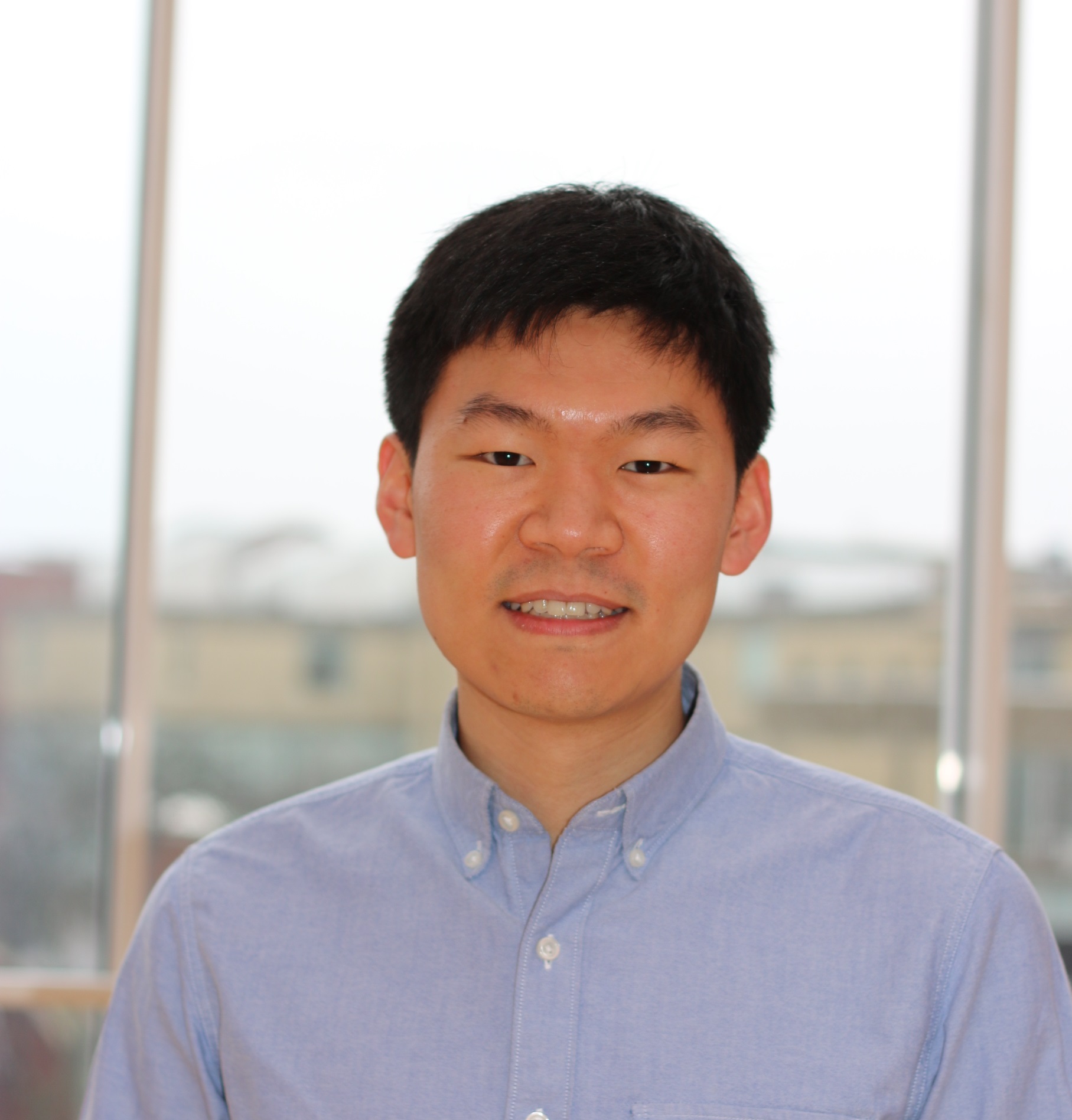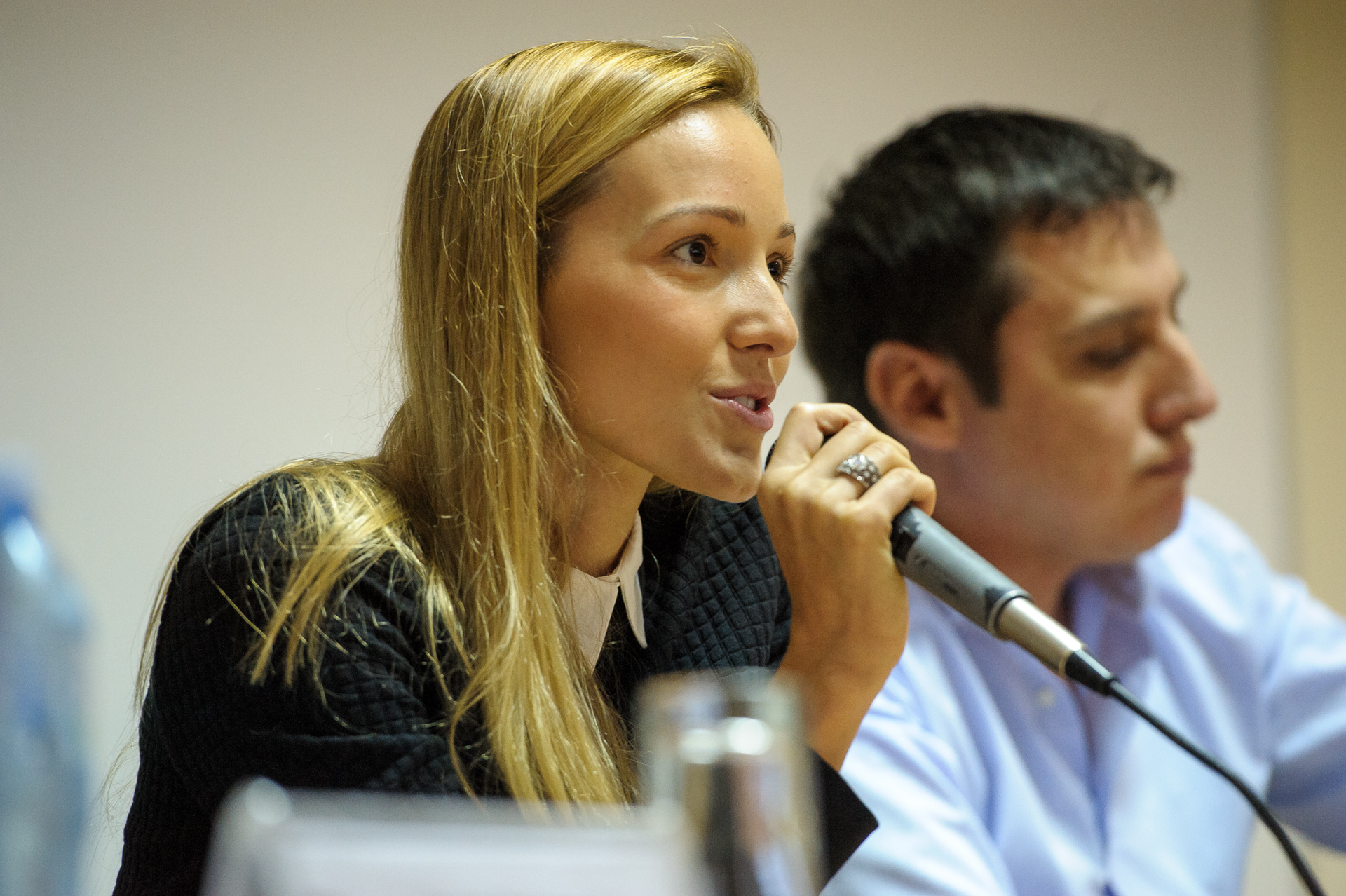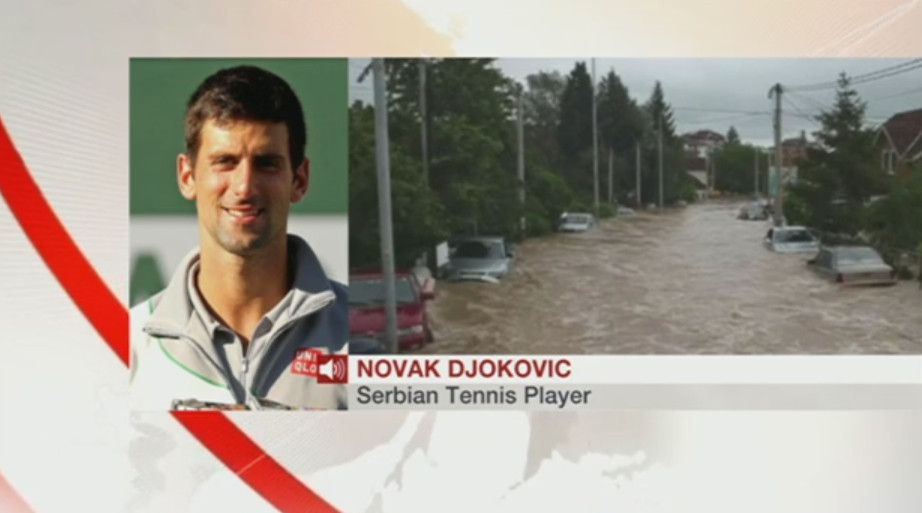In 2018, the Novak Djokovic Foundation started cooperation with the Faculty of Philosophy, at the University of Belgrade, with the goal to create a new generation of leaders in the field of ECE and ECD – academic change agents who conduct cutting-edge research, translate and communicate research into policy and practice related to quality pre-school education in Serbia.
“Education Is a Journey, Not a Destination”
Nevena Mitranic is a third-year doctoral student in Preschool Pedagogy at the Department of Pedagogy and Andragogy of the Faculty of Philosophy, University of Belgrade. Since September 2016, she has been working as a demonstrator for the courses Children’s Play and Creativity and Developing Early Childhood Education Practice for Bachelor and Master Students at the Faculty of Philosophy. She also assists in the program Curriculum Development and Evaluation. The Novak Djokovic Foundation Scholarship Program opened new opportunities for Nevena – in January this year she became a teaching assistant at the Department of Pedagogy and Andragogy of the Faculty of Philosophy, University of Belgrade.
-
How would you describe your childhood?
I grew up in a large, loving and caring family. Someone was always there to look after my older sister and me while mom and dad were working so we didn’t attend daycare as most of our peers. However, my parents did their best to support our early education and development and provide us with plenty of opportunities to explore and create our own, dream world, made of books, comics, cartoons, craft materials, role play sets, board games, and toys…They used to take us to the museums and theatres and we were loyal customers of the video rental store in our street…It was extremely important for us to do as many things together as possible – whether it was time for our drawings and paintings or a family movie night. We played cards and chess and sang our favorite songs in the evenings… My childhood was filled with magical impressions and experiences my sister and I later incorporated into our games, mini-performances, art activities, and goodnight stories.
-
What was your early education like?
I really enjoyed learning and discovering new things…I was interested in math, books, art, nature and social sciences…On the other hand, the biggest challenge I had to face was interaction with my peers. It was hard to step outside my comfort zone and cope with situations beyond my control when play gets rough and less fun. Back then, I lacked an understanding of what was going on or why something bad happened… Therefore, effective communication, negotiation, and other social skills were the most important things I learned in my early years.
-
Why did you decide to study pedagogy?
I’ve always wanted to pursue a career in education. Knowledge is power, and education can really change the world for better. My choice to study pedagogy is based on a personal belief that it’s the only discipline-wide (or open) enough to cover all the aspects I find motivating and interesting. It’s the area where I will be able to deal with the things I know and like and thus contribute to the process of “moving the world forward”. My education path was shaped by great people – my parents and amazing primary and secondary school teachers. Some of them were outstanding lecturers and experts, while others were good listeners and practitioners…They inspired me to be where I am today. As an undergraduate student, I frequently reflected on my high school philosophy teacher and how she decided to study philosophy even though she felt least confident in her abilities to do so. Every time I faced difficulties and thought that this job wasn’t a good fit, I would recall her saying that education is a journey, not a destination.
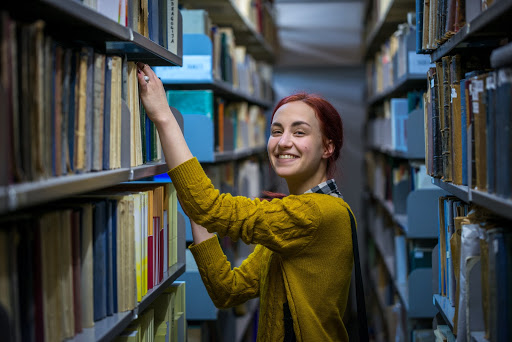
-
Children’s play is in the focus of your research and doctoral dissertation. How did you choose this topic?
Ample research has shown that play helps young children build vital knowledge about the world around them. When playing, kids learn how to solve problems and overcome unpleasant experiences, like discrimination and embarrassment. On the other hand, through play they empower and support each other, make friends and respond to the injustice they face in everyday life in a constructive way. A play is where children can show their ideas and creativity in action and channel their endless energy. However, if aggressive behavior and gender stereotypes are constantly present in our community life they will find a place in children’s play accordingly. Then we should ask ourselves whether to blame the children or the context from which they draw inspiration for their play.
-
How can we support children’s play?
The best we can do to support children’s play is to become their playmates. Moreover, when playing with children we have to:
… be fair: accept the fact that we don’t always know best, instead we should learn how they interact and play alone and with others and respect their methods and ideas;
… be there: focus less on guidelines, instructions and expected results and more on the child next to us; try to make everyone feel happy and encouraged at the present moment;
… be inspired: explore different ideas and possibilities, create and look forward to the outcome; show enthusiasm when planning play settings and activities, avoid stereotypes and wondering “what else to add”;
… be constructive: use current situations, space and environment more effectively instead of focusing solely on impossible things; be prepared to “catch the wave”, recognize the potential of children’s ideas and build further on them; initiate innovations and seek new opportunities;
… be aware: of our actions and their impact on others; remember that efforts to do something new bring inevitable mistakes that fortunately don’t last forever; consider if we interfered too much or missed something that happened during their play in order to make it better next time without labelling ourselves as “good” and “bad” teachers;
… be patient: don’t expect big changes and great results to happen overnight but give children time to play and enjoy;
… be open: let their play surprise and relax us, show them our willingness to participate and become equally absorbed in play;
… believe: that young minds can create incredible things, that we have much in common with others out there and that they can be perfect playmates, that our ideas can trigger something brand new and genius, that great things are yet to come if we enjoy and treasure each moment we spend together.

